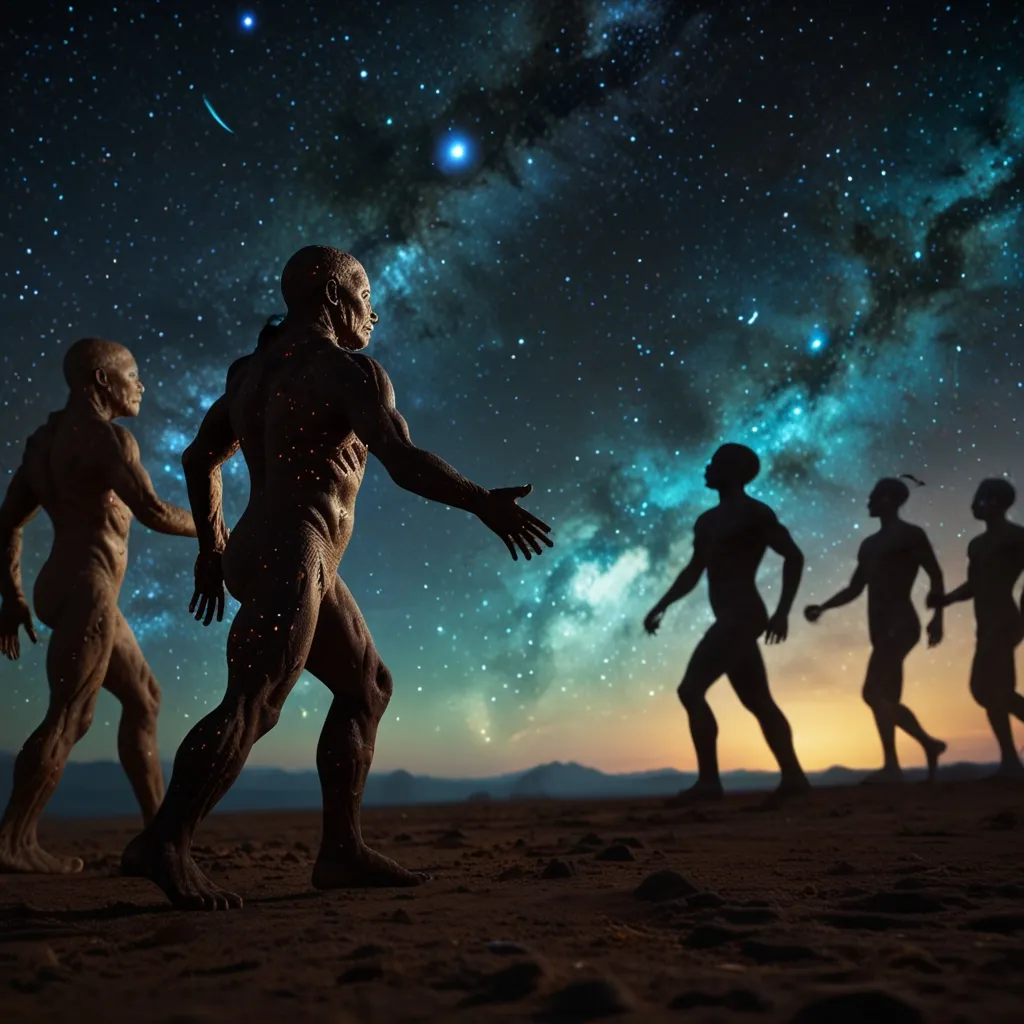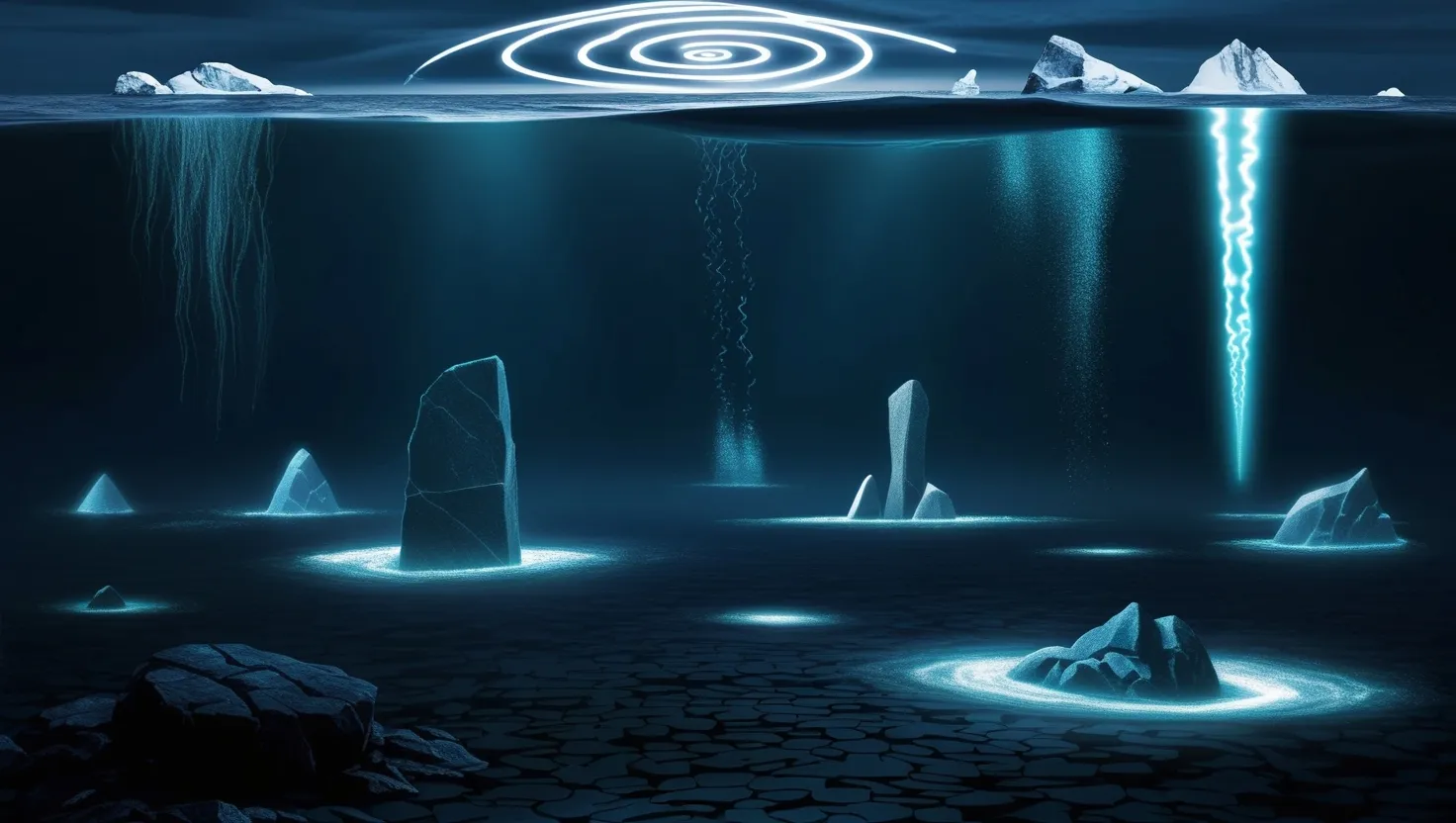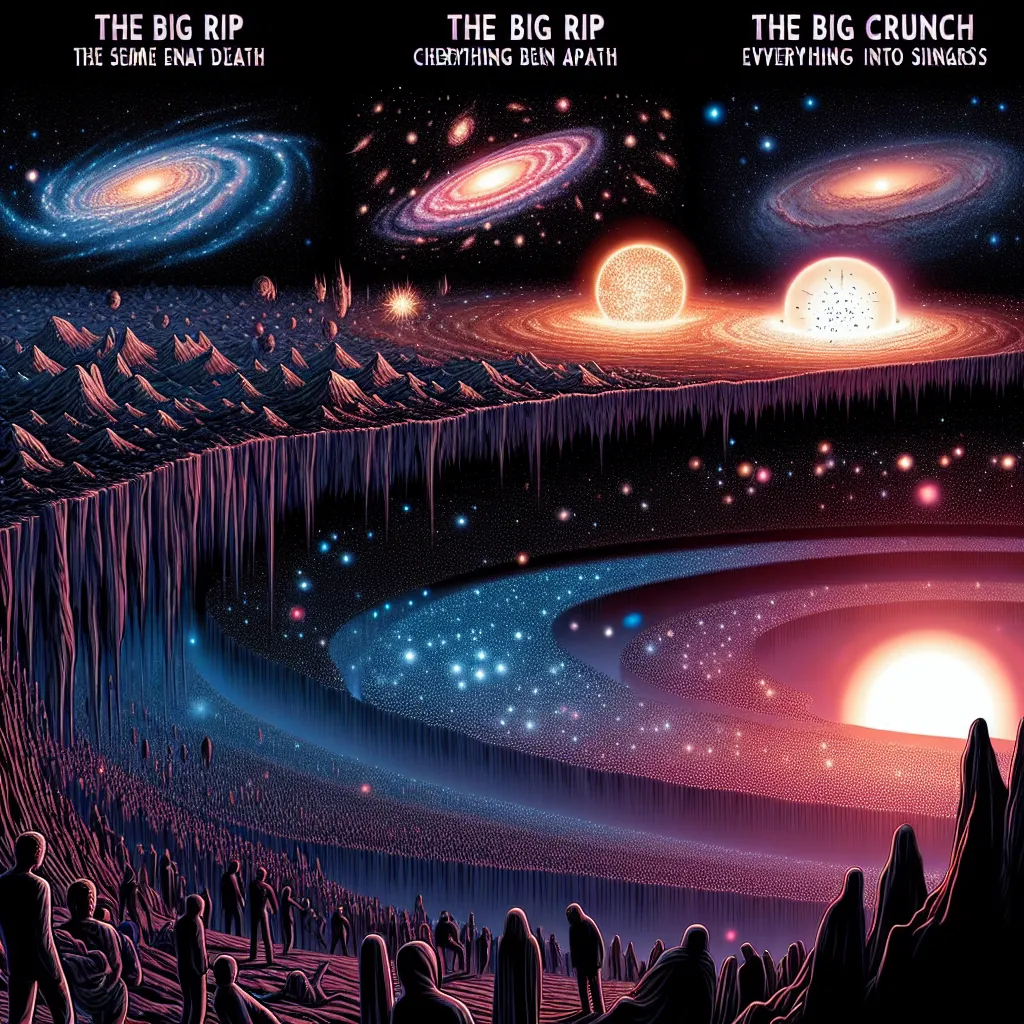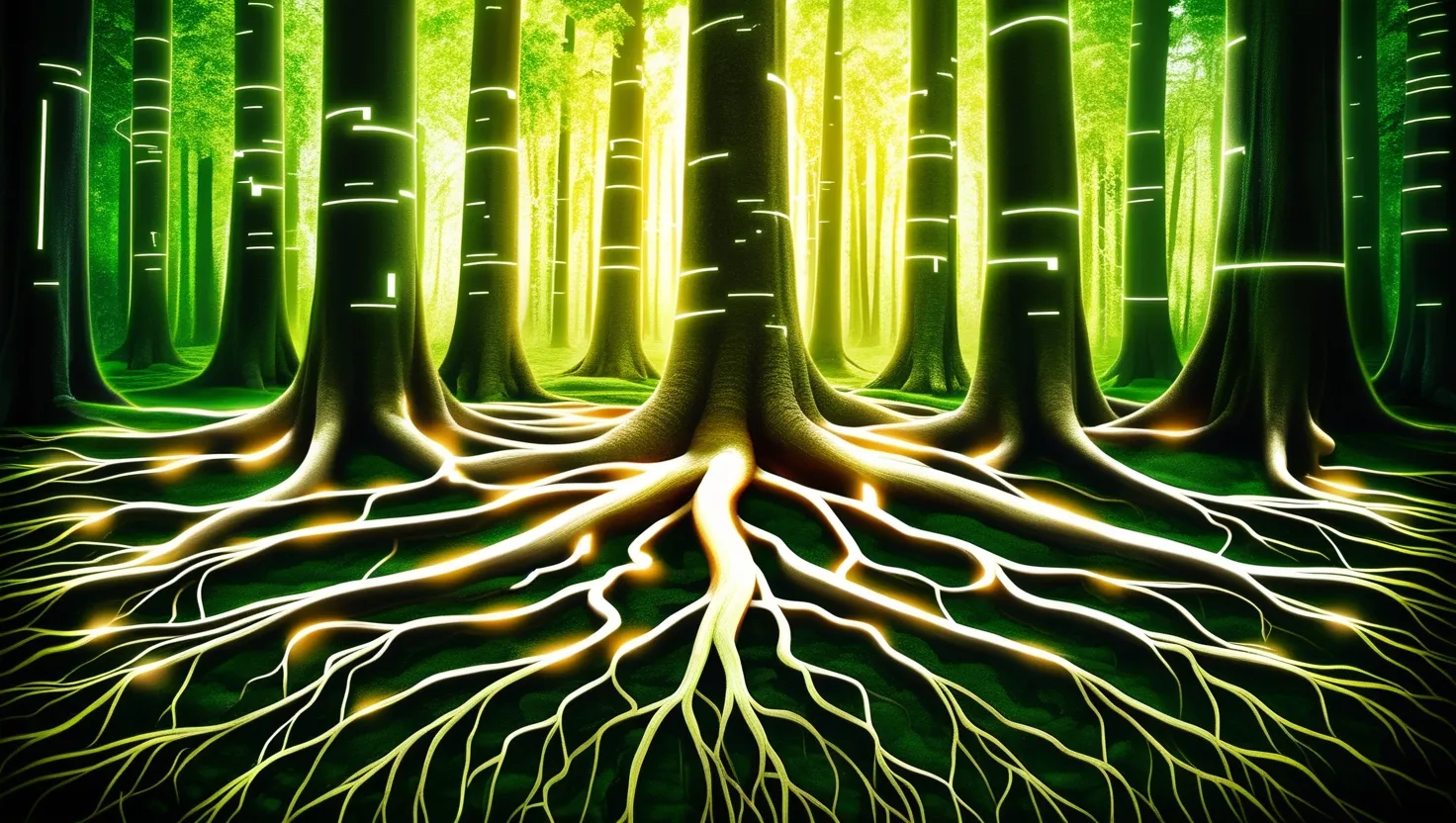On May 17th, 2016, a study from Stanford University published in the journal eLife shook the scientific community with its groundbreaking discovery about human evolution. The study unveiled that approximately one-third of evolutionary advancements in modern humans stemmed not from natural selection but from viruses. Yep, you read that right—viruses. This revelation turns our understanding of evolution on its head.
Let’s break it down. Our genome houses genes derived from retroviruses, tiny invaders that, instead of causing disease, contributed to our development. These viral genes aren’t just leftovers; some have crucial roles in our evolution. It’s like they decided to stick around and pitch in, rather than wreak havoc. This points to an ancient, perhaps symbiotic, relationship between viruses and human evolution.
One fascinating example comes from our ability to form a special layer in the placenta that prevents a fetus from being rejected by the mother’s body. The genes responsible for this layer, called syncytins, weren’t originally part of our genetic makeup. They hopped aboard our DNA train through viruses around 25 to 40 million years ago. Syncytins are essential for the connection between a mother and her fetus.
This concept suggests something wild: viral genes could have been as significant in shaping human evolution as natural selection. That makes you rethink everything about how we got here.
Some scientists, diving deeper into this viral influence on evolution, believe that horizontal gene transfer by viruses could have been the primary mechanism driving major evolutionary leaps. These leaps made our ancestors smarter, better communicators, and well, more human. While this idea itself is pretty mind-blowing, it opens up another tantalizing question: was all this just a happy accident, or is there a grand design behind it?
This theory gives a nod to the ancient astronaut hypothesis, which posits that extraterrestrial beings might have had a hand in our development. Could viruses be an extraterrestrial tool for bio-engineering us? Imagine if advanced beings used viruses to tweak our DNA, delivering these changes via space-faring comets. It’s the stuff of sci-fi, yet here we are, seriously considering it.
Anthropologists tell us that humans evolved in Africa, experiencing genetic surges that made us smarter and better communicators. What if these surges weren’t entirely natural? The possibility that our evolution was engineered rather than random flips the script on our origin story. It suggests that those ancient astronauts might not be so far-fetched after all.
There’s no concrete proof that spaceborne viruses directly engineered our evolution, but the idea is compelling. We know now that viruses have played a role in making us who we are today. Whether it’s purely coincidental or an orchestrated act by extraterrestrial beings, the impact of viruses on human evolution is undeniable.
Reflecting on this, you can’t help but wonder about the broader implications. If viruses can shape our species, what does that mean for the future of human evolution? Could we learn to harness this viral influence to drive positive change? The potential is vast and thrilling.
The notion that our DNA might be a cosmic engineering project adds a splash of the extraordinary to our understanding of humanity. Whether by chance or design, viruses have left an indelible mark on the tapestry of our existence. This interplay between tiny pathogens and monumental evolutionary shifts highlights the complexity and wonder of life’s story.
As we continue to unravel the mysteries of our past, the role of viruses in our evolution prompts a deeper appreciation for the hidden architects of life on Earth. This realization invites further exploration into the vast, interconnected web of life, revealing just how much there is still to learn about our origins and the forces that have shaped us.
In pondering these cosmic connections, one can’t help but marvel at the intricate dance between life forms, both microscopic and immense, weaving across the eons. The journey of human evolution, influenced by viruses from both Earth and possibly beyond, is a testament to the wonder and unpredictability of nature—a narrative as rich and complex as the genes that define us.
Embracing this fusion of the ordinary and the extraordinary, our understanding of human evolution continues to evolve, promising new discoveries that will further illuminate the path we’ve traveled and the journey that lies ahead.






